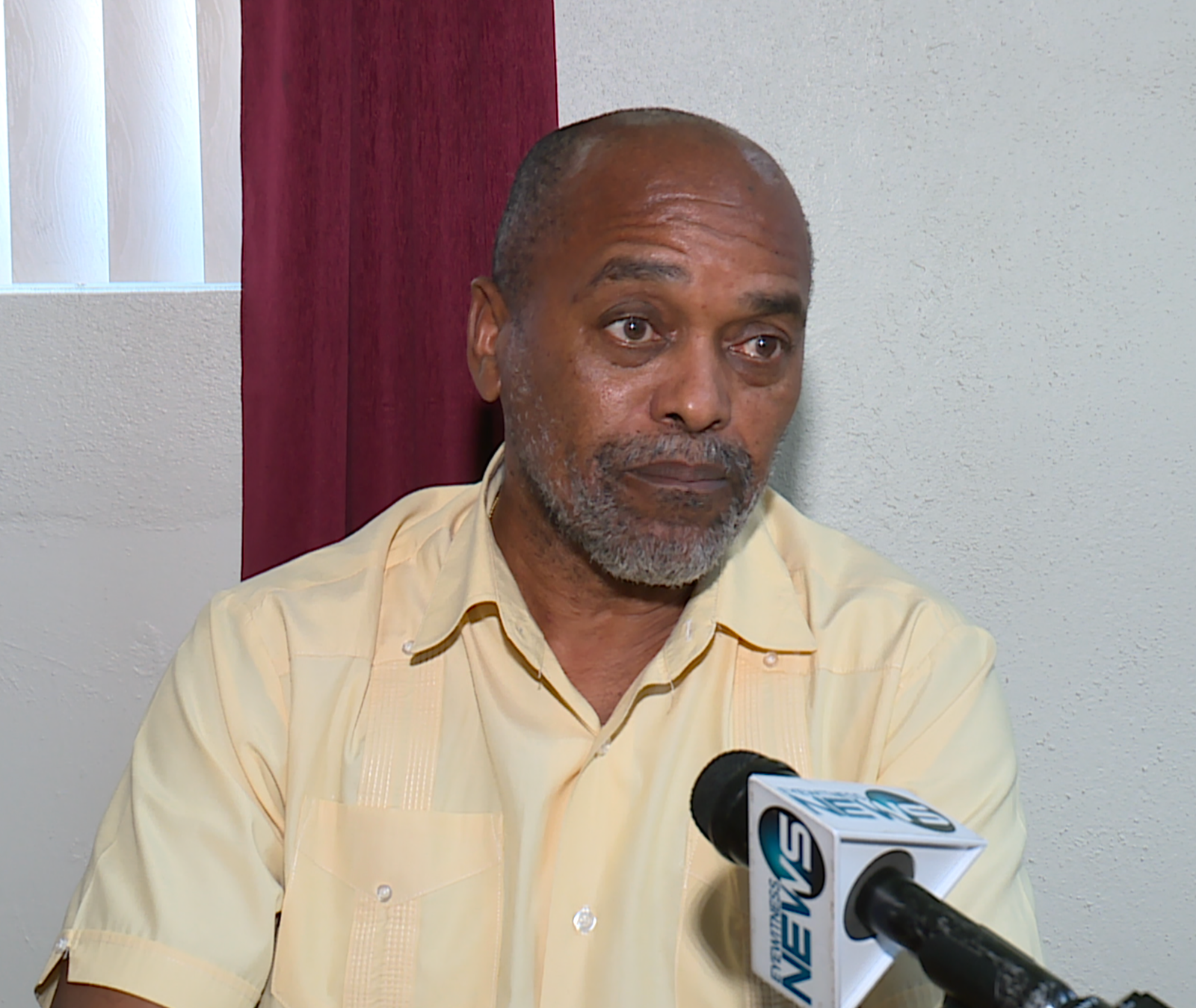NASSAU, BAHAMAS – Chairman of the National Health Insurance Authority (NHIA) Board, Dr. Robin Roberts, on Wednesday sought to clarify reports made by the Bahamas Chamber of Commerce, which suggested that the cost of the new policy proposal to fund National Health Insurance could be up to $200 or $300 million.
“Simply put, there is no basis for this number,” Dr. Roberts outlined in a statement issued yesterday.
“It is not a number that has ever been quoted by the NHIA as it relates to the policy proposal costs to employers and there appears to be some confusion on the overall programme costs”.
NHIA said it would like to clarify and provide the facts about the cost related to the new NHI policy proposal.
A robust exercise was undertaken to determine the potential costs of the programme but can be explained relatively simply.
Roberts said the approach for the High Cost Care programme costing was as follows:
- Demand: Total demand for services was determined based on incidence rates of disease plus a factor of recurrence for each disease.
- Stage Distribution: Patients were then allocated across disease stages. The allocation was based on Bahamian or U.S. data based on availability. The staging was adjusted to reflect the data and opinions of medical leaders that Bahamians have historically tended to present at a relatively later stage of illness.
- Treatment Costs: Care pathways were determined based on clinical best practice. Procedure costs and estimated utilization were determined based on a mix of local and international data.
For the Primary Care programme, Roberts said costs were calculated based on the enrolment levels, provider capitation rates and the expected utilization of lab and diagnostic studies.
Roberts said since payment by capitation provides physicians with a fixed monthly amount to manage the primary care for their patients, they have a very high degree of confidence in these numbers.
As a reminder, Dr. Roberts said that he wanted to give the facts about how much this programme will cost:
“First, for businesses required to provide health insurance to their employees under the new employer mandate, the NHI programme will cost $1,000 per employee per year or about $84 per month. These businesses will be permitted to recoup up to 1.5% of an employee’s full wages (inclusive of gratuities, overtime and bonuses) to share in the cost of the premium,” Dr. Roberts said.
“This means for an employee earning over $66,667 they will pay 100 per cent of the premium. This is not a tax, it is paid to private insurers, not the Government.In return, employees will receive private health insurance with minimum benefits prescribed by the Standard Health Benefit (SHB) under NHI. It is estimated that the employer mandate will cover approximately 206,000 people, a portion of which are already covered under some form of insurance by their employers,” the NHIA chairman explained.
Secondly, Roberts said for everyone else not covered by the employer mandate, which includes senior citizens, children, indigent, unemployed or employees of exempted businesses (businesses with less than $250,000 in annual turnover), they will be able to receive the SHB coverage from NHI at no cost.
When launched on July 1, 2020, it is estimated this segment will consist of between 160,000 – 170,000 people.
Dr. Roberts said in order to provide these benefits for these individuals, the NHIA estimate it will cost approximately $130 million for the fiscal year starting July 1, 2020. This, he said, is completely separate from the employer mandate, which is covered by private insurers. This is planned to be funded through a diverse mix of revenue sources including:
- NHI’s existing budget allocation
- Additional budget allocation from VAT collected on private health insurance premiums
- Re-allocation of PHA’s budget for services which will be funded through the SHB
- New revenues raised through the introduction of a sugary drinks tax, which was widely supported as an effective health policy by the stakeholder community
- Risk equalization transfers – As NHI will have the patients with the highest health needs, it will be a recipient of funding from the national risk pool which is a core component of this programme
Dr. Roberts said the Chamber’s suggestion that its estimates could be off by so much as to have the programme cost $200-300M instead of the $130 million estimated, is completely arbitrary and not based on evidence, analysis or facts.
“There is always a risk that costs may be higher or lower than estimated. We have put in place policy measures, namely a national fee schedule for SHB services in order to manage one of the key inputs into the cost of care.
“Additionally, the approach NHI is taking to adopting value-based payments for health services will ensure more effective use of health spending. This is already being demonstrated in our current programme with NHI delivering its current services below budget and to an over 90 per cent patient satisfaction rating,” Dr. Roberts said.
The NHIA head said universal access to healthcare in The Bahamas is long overdue. He said during the past three months the NHIA has held numerous town-hall meetings, stakeholder meetings and events in New Providence and the Family Islands.
“We have heard overwhelming support from Bahamians throughout the archipelago. The NHI proposal shares the costs more equitably between government, individuals and businesses and seeks to remove the burden of out-of-pocket payments for health care services through a prepayment insurance plan. It represents an investment in human capital to propel the economic development of The Bahamas and a better quality of life for all,” Dr. Roberts concluded.






